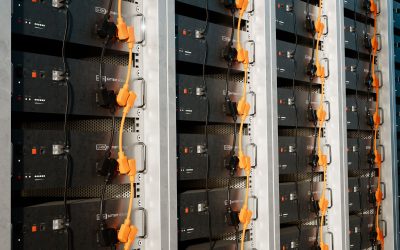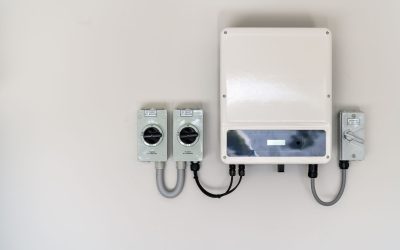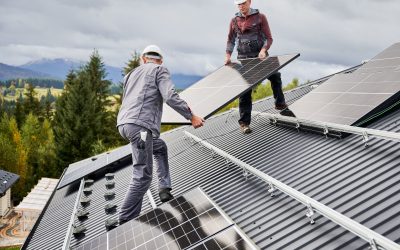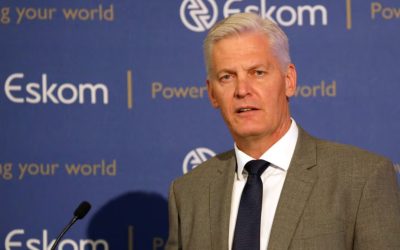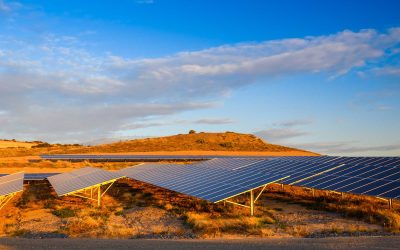Mafube municipality, in the Free State, has been using a private company, RFS, to manage their electricity network. This includes control over the municipality’s connection point to the main Eskom grid and control over when they load shed the municipality. RFS has implemented a large (3.7MW) solar installation in the municipality and has been able to use the power from this installation to reduce load shedding in the municipality. Control over the connection point is what allows them to do so.
RFS, through the Mafube municipality, was given a go-ahead by Eskom to do so and has reduced load shedding by as much as 15% during some weeks. Eskom, however, was not happy with this setup, and so they regained control of the municipality’s connection point to the grid, and now the municipality cannot use solar installation to reduce load shedding.
Eskom’s argument is that the solar installation does not supply enough power to supply the needs of the municipality during load shedding. So, they are saying that the municipality is avoiding load shedding and getting power from Eskom when they should not be, putting the entire country at risk of a national blackout.
If this is true, then Eskom has a case. However, if you read the court documents, you cannot conclude that this is true. Also, even if it is true, the parameters under which RFS wants to operate, according to the court documents, would not cause the issues that Eskom is citing. They want to be able to provide power to the municipality when they have enough power to do so. Also, they are happy to load shed as per the load shedding schedule when they do not have enough power to supply the municipality’s load.
With Eskom regaining control of the connection point, the municipality must now keep to the Eskom load shedding schedule. In times when they have power, even during load shedding, they are forced to “dump” that power. They cannot use it.
RFS took Eskom to court so that they could regain control of the energy supply to the municipality and continue to reduce load shedding. RFS appears to have a valid case. Unfortunately, the case was dismissed because of a lack of official input in court from the municipality itself. According to the court documents, the municipality needs to present the matter to the court, not RFS. So, the matter was dismissed, not for technical reasons, but for administrative reasons.
It’s hard to say at this point why the municipality is not providing the input required.
Essentially, RFS does have a strong case. There is no technical reason why Eskom should prevent them from using power from the solar installation to avoid load shedding. However, because of the “chain of command”, nothing can be done until the municipality itself comes to the party and supports the case.
Really unfortunate.



